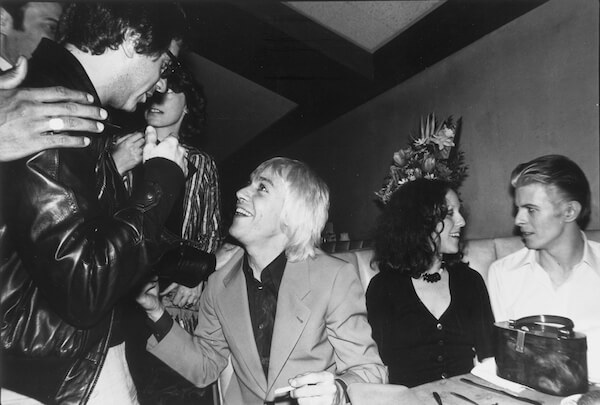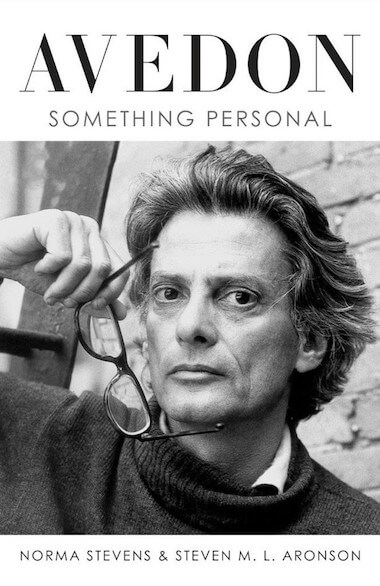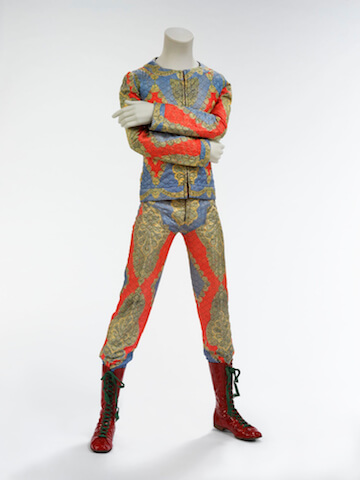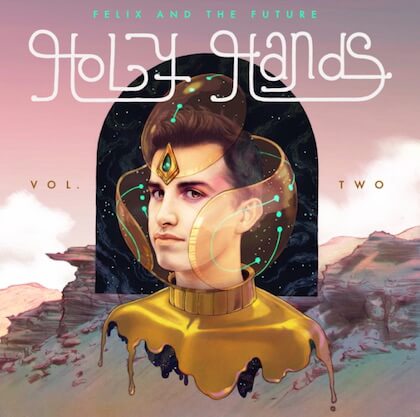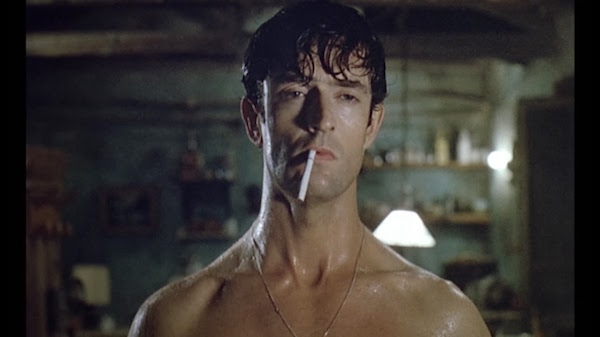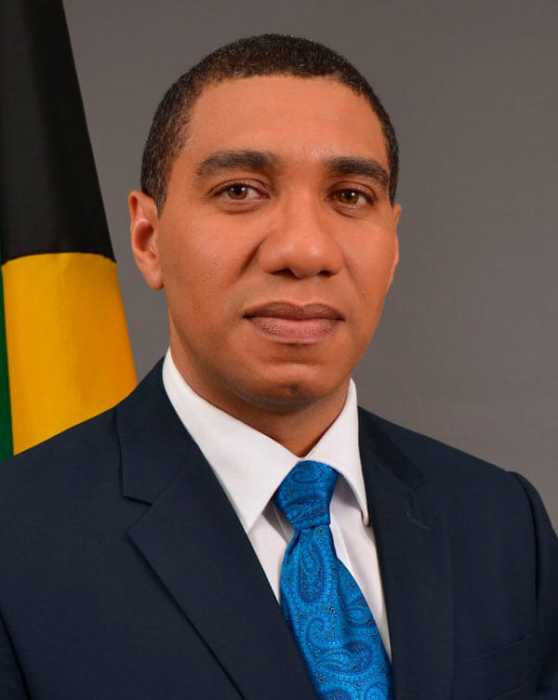Danny Fields and Nico. | MAGNOLIA PICTURES
Out gay music scenester Danny Fields, the subject of Brendan Toller’s documentary “Danny Says,” had a knack for arriving just before the zeitgeist. As a “hippie yenta” at Elektra Records, he was involved in the company’s decision to sign the MC5 and the Stooges. At the time, the bands sold few records and dissolved in a mess of controversy over four-letter words — the MC5 were dropped by Elektra after taking out a newspaper ad using the word “fuck” and the record label’s logo — and drug abuse. They’re now legendary for influencing punk rock, and Stooges songs have even been used in TV commercials.
But in 1969, Fields had to convince his colleagues that the racket these bands made was indeed music — in a recorded phone call in 1970, Stooges singer Iggy Pop swears that the band’s second album, “Funhouse,” will convince everyone the band really knows how to play.
Fields went on to manage the Ramones. Their 1976 debut album went gold. It just took 38 years to do so.
Gay punk progenitor Danny Fields’ story told in ‘60s bubble gum hues
“Danny Says” is largely edited to sound like a monologue from Fields. Toller does interview an array of other people, from glam/ horror icon Alice Cooper to folksinger Judy Collins to one of Fields’ former assistants. He uses a wealth of period photos, many of which seem to have been found on Fields’ bedroom wall. He lets Fields control the story; despite the “existential despair” his assistant describes, it’s a fairly happy-go-lucky one. In one of his more dubious decisions, he introduced Iggy Pop to cocaine, but if he ever came close to becoming a drug casualty himself, he doesn’t talk about it.
Since many of the people Fields reminisces about, such as Jim Morrison and Warhol superstar Nico, are dead, “Danny Says” illustrates his stories with animation. Four different animators worked on the film, creating a variety of styles. There’s a psychedelic depiction of Morrison’s drug indulgences and starker imagery more appropriate to the Ramones’ minimalism.
Fields says that everyone in his family realized he was gay before him. He was born in the late ‘30s and was already 30 when the Stonewall Rebellion took place. However, he describes ‘60s gay life with little angst, recalling a Boston scene revolving around two bars and cruising on the Brooklyn Bridge. He attended Harvard Law School but eventually dropped out to concentrate on his social life, which included plenty of sex. One of his friends says “I was never in” the closet, before adding that he never saw the need to tell his parents about his sexuality.
Danny Fields, Iggy Pop, Lisa Robinson, and David Bowie. | MAGNOLIA PICTURES
Recalling his time managing the Ramones, Fields also remembers lots of sex. I was curious what it was like to be openly gay in the hippie and punk scenes, but Fields doesn’t really discuss these subjects.
He did create one major controversy in 1966, reprinting controversial comments from a British Beatles interview in a magazine aimed at teenagers. One of these was an anti-racist statement from Paul McCartney using the N-word, but the one that people still remember is John Lennon’s claim that “the Beatles are bigger than Jesus.” This led to KKK protests, record burnings, apologetic press conferences, and, some claim, the end of the Beatles’ career as a touring band (although the increasing complexity of their music and its reliance on instrumentation beyond guitars, bass, and drums might have something to do with that). Fields says he never liked the Beatles much. In a way, his act of reprinting the comments was as much of a punk gesture as his promotion of the MC5, the Stooges, or the Ramones.
There are some major gaps in “Danny Says.” What did Fields do for a living after he stopped managing the Ramones? The film never tells us. Actor/ director John Cameron Mitchell is interviewed, suggesting a connection, but it is never spelled out. Hints of depression come through, but Toller never follows up on them. The film is edited to offer a particularly cheerful slant on Fields’ life, with suggestions of something darker coming through occasionally.
Still, many Baby Boomers acted as though Woodstock was the high point of Western culture and that the evolution of rock music ended in 1969. Fields was perceptive enough to recognize that it kept going and that he could continue to participate in it. Any punk fans should be grateful.
DANNY SAYS | Directed by Brendan Toller | Magnolia Pictures | Opens Sept. 30 | IFC Center, 323 Sixth Ave. at W. Third St. | ifccenter.com |Lincoln Plaza Cinema | 1886 Broadway at 62nd St. | lincolnplazacinema.com

